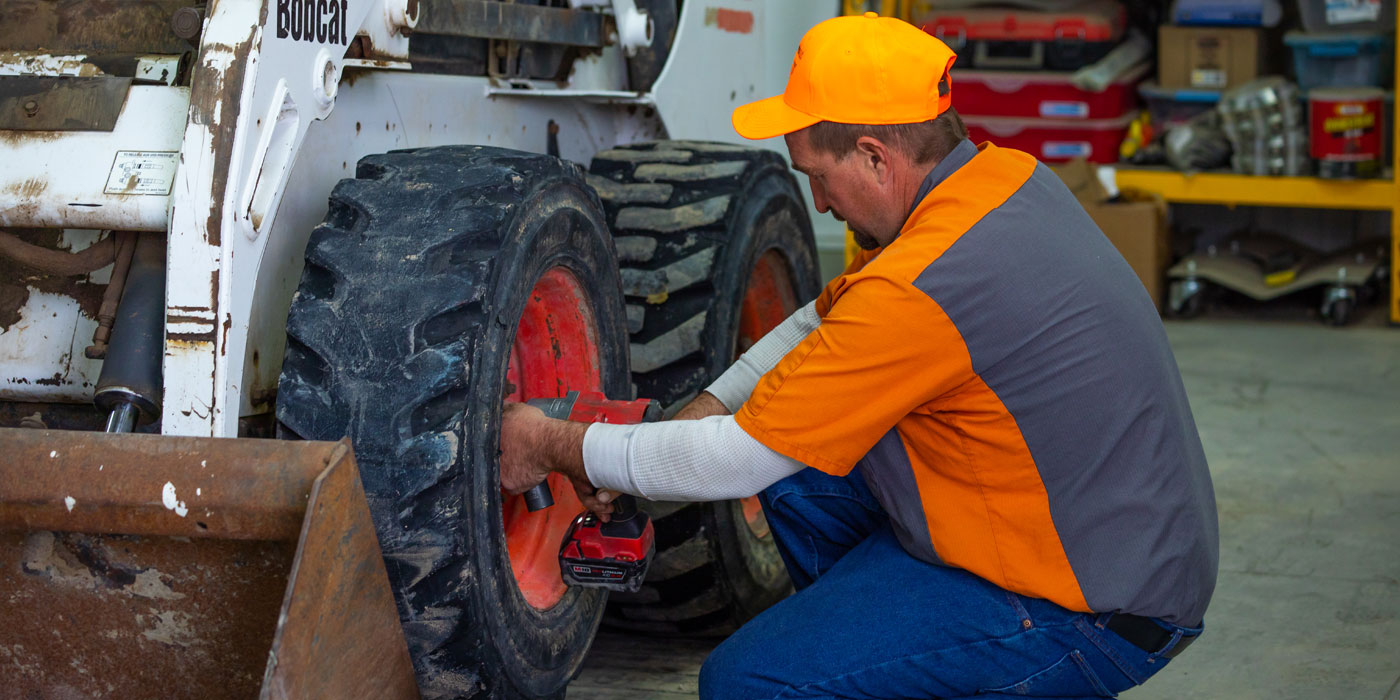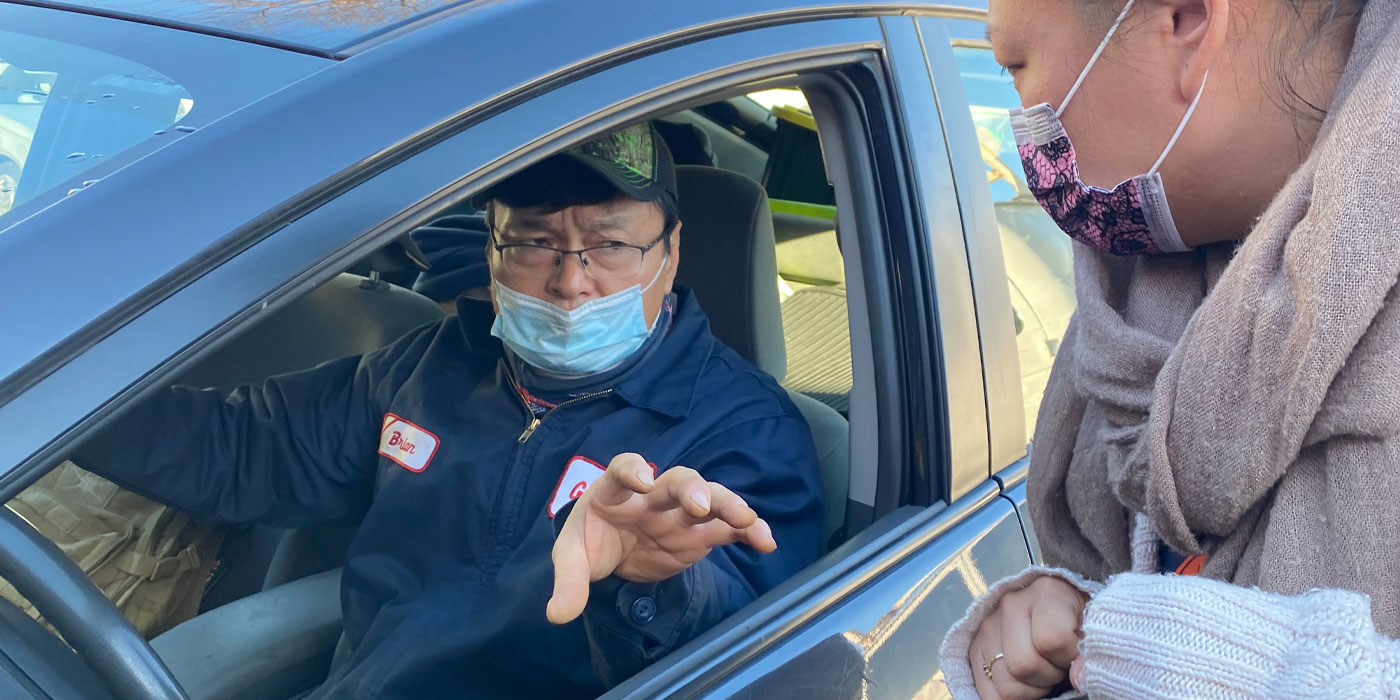The first few months of 2020 were relatively encouraging in all parts of the U.S. automotive aftermarket. Suppliers, distributors, retailers and most repair and service shops reported positive results compared to the same period last year.
However, the global pandemic caused by the COVID-19 virus hit the U.S. economy hard starting in March and the impact was swift. At times, it was devastating. Some businesses that were flourishing have found themselves on the brink of survival while others have seen their business go through ups and downs. However, there is some good news. We’re starting to hear that business is slowly getting back to normal and, in some cases, business is actually doing quite well. We believe that this market turmoil will accelerate the consolidation trend. This is true within all market segments, including tire dealers.
This has led some independent tire dealers to ask: Is this the right time to consider selling my business? The dramatic economic downturn has caused many to wonder if they should proceed with plans to sell or try to hang in there and wait until the U.S. economy comes back.
Even without the downturn related to the COVID-19 pandemic, many tire dealers are feeling the effects of increased competition.
The question as to when to sell a business is an individual decision and there is no right or wrong answer. My partners at Schwartz Advisors and I have worked with many business owners to help them think through the pros and cons of selling and we have helped many businesses navigate the sometimes difficult sale process. One thing we can tell you is there is no right or wrong answer to the question of, “Is this the right time to sell?” Only you can answer that. To help you, think about how you would answer some of the following questions:
- Prior to the current economic downturn, how long did you plan on staying involved in your business? Are you ready to “hang ‘em up” and retire, or do you want to continue working for another five years (or longer)?
- How is your business doing? What is a realistic forecast for this year? Are you going to make or lose money?
- Have you had to lay off employees? Are those employees coming back once business normalizes?
- If you don’t sell, what is a realistic forecast for each of the next five years?
- How are your competitors doing? Are they growing?
- If you sell and plan on retiring, can you afford to retire?
Most analysts, including the team at Schwartz Advisors, are optimistic about the long-term growth prospects for tire dealers. There are solid reasons for this: There are more cars than ever on the road. Vehicles in Operation (VIO) forecast from the Auto Care Association indicates that there will be more than 300 million passenger cars and light duty trucks by 2024. When you factor in the average age of the 300 million VIO is approaching 12 years, that means that there will continue to be a lot of cars, pickup trucks and SUVs that will require service and new tires.
This is a challenging environment for businesses. Even without the downturn related to the COVID pandemic, many businesses were feeling the effect of increased competition. If you are concerned about the question of whether or not this is a good time to consider selling your business, here are some additional questions to take into account:
- Does your business require some investment to remain current and competitive?
- How is the economy in your local market? Is it relatively strong and coming back?
- Do you have access to working capital to help fund operations?
- Do you have some ideas about who might be interested in buying your business?
- Do you have enough staff—technicians, service writers, office staff, etc., to continue operations?
- Are your suppliers able to support your business?
Most analysts are optimistic about the long-term growth prospects for tire dealers. There are solid reasons for this: There are more cars than ever on the road and the average vehicle age continues to rise.
If you are considering selling your business, the best advice we have is to be prepared. In some of our previous Tire Review articles, we’ve written about what business owners need to do to get ready for a possible sale of their business—or possible acquisitions that you are considering. Preparation is the key to success, regardless of the direction that you take.
We can’t tell you whether or not to sell your business. You need to take an honest look at your situation. Hopefully we have posed some key questions that will help you make the right decision for you, your family and your business. The question of whether or not to sell is an individual decision. If you make a checklist of the questions to answer, it will be easier to come to the right conclusion.














